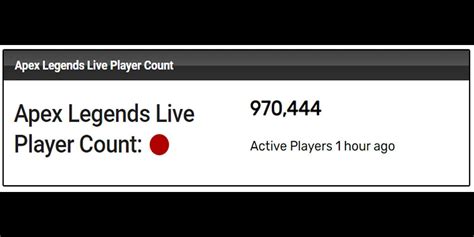What Is A Book Identifier

A book identifier, also known as a book ID or ISBN, is a unique code assigned to a book title, edition, or format. This code is used to distinguish one book from another and to facilitate the tracking, distribution, and sales of books across various markets and platforms. Book identifiers play a crucial role in the publishing industry, enabling authors, publishers, booksellers, and readers to efficiently locate, promote, and purchase books.
Types of Book Identifiers

There are several types of book identifiers, each serving a specific purpose. The most common ones include:
- ISBN (International Standard Book Number): A 13-digit code assigned to a book title, edition, or format. ISBNs are used worldwide to identify books and are usually found on the back cover or copyright page.
- ISSN (International Standard Serial Number): An 8-digit code assigned to serial publications, such as magazines, journals, or newspapers.
- DOI (Digital Object Identifier): A unique alphanumeric string assigned to digital content, including e-books, articles, and research papers.
- ASIN (Amazon Standard Identification Number): A 10-character code assigned to products, including books, sold on Amazon.
Importance of Book Identifiers
Book identifiers are essential for various stakeholders in the publishing industry, including authors, publishers, booksellers, and readers. Some of the key benefits of book identifiers include:
- Unique Identification: Book identifiers enable the unique identification of books, making it easier to distinguish one title from another.
- Efficient Distribution: Book identifiers facilitate the efficient distribution of books across various markets and platforms.
- Accurate Tracking: Book identifiers enable accurate tracking of book sales, royalties, and inventory management.
- Improved Discovery: Book identifiers make it easier for readers to discover books and for authors to promote their work.
Key Points
- A book identifier is a unique code assigned to a book title, edition, or format.
- ISBN, ISSN, DOI, and ASIN are common types of book identifiers.
- Book identifiers are essential for efficient distribution, accurate tracking, and improved discovery of books.
- Book identifiers enable unique identification, facilitate sales, and support royalty management.
- Authors, publishers, booksellers, and readers benefit from the use of book identifiers.
How Book Identifiers Work

Book identifiers are assigned to books by various organizations, such as the International ISBN Agency or the Library of Congress. The assignment process typically involves the following steps:
- Application: Publishers or authors apply for a book identifier, providing relevant information about the book, such as title, author, and publication date.
- Validation: The application is validated to ensure that the book meets the necessary criteria and that the identifier is unique.
- Assignment: The book identifier is assigned to the book, and the publisher or author is notified.
- Registration: The book identifier is registered in a database, making it accessible to various stakeholders, including booksellers, libraries, and readers.
| Book Identifier Type | Length | Example |
|---|---|---|
| ISBN | 13 digits | 978-3-16-148410-0 |
| ISSN | 8 digits | 1234-5678 |
| DOI | variable | 10.1000/182 |
| ASIN | 10 characters | B076MX9VG9 |

Best Practices for Using Book Identifiers
To get the most out of book identifiers, follow these best practices:
- Use the correct identifier type: Ensure that you use the correct type of book identifier for your book, such as an ISBN for a print book or an ASIN for an Amazon product.
- Register your identifier: Register your book identifier with the relevant organizations, such as the International ISBN Agency or Amazon.
- Use identifiers consistently: Use your book identifier consistently across all platforms, including your website, social media, and marketing materials.
- Keep identifiers up-to-date: Ensure that your book identifier is up-to-date and reflects any changes to your book, such as a new edition or format.
What is the difference between an ISBN and an ASIN?
+An ISBN (International Standard Book Number) is a unique identifier assigned to a book title, edition, or format, while an ASIN (Amazon Standard Identification Number) is a unique identifier assigned to products, including books, sold on Amazon.
How do I get an ISBN for my book?
+You can obtain an ISBN for your book by applying through the International ISBN Agency or a authorized ISBN registration agency in your country.
Can I use the same ISBN for different formats of my book?
+No, you should use a separate ISBN for each format of your book, such as paperback, hardcover, e-book, or audiobook.



